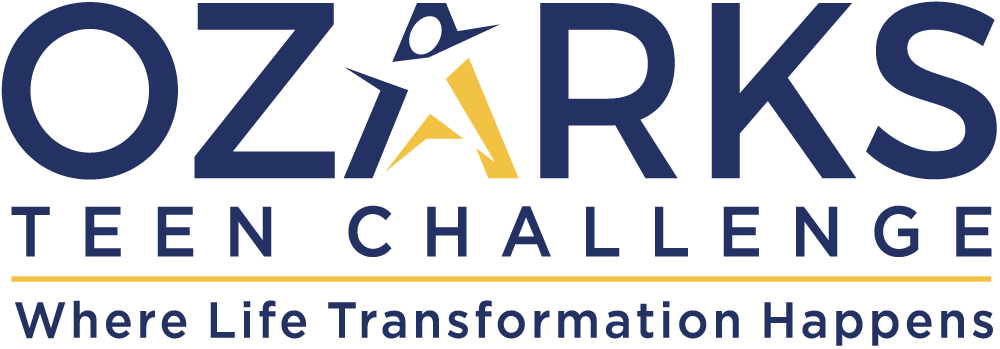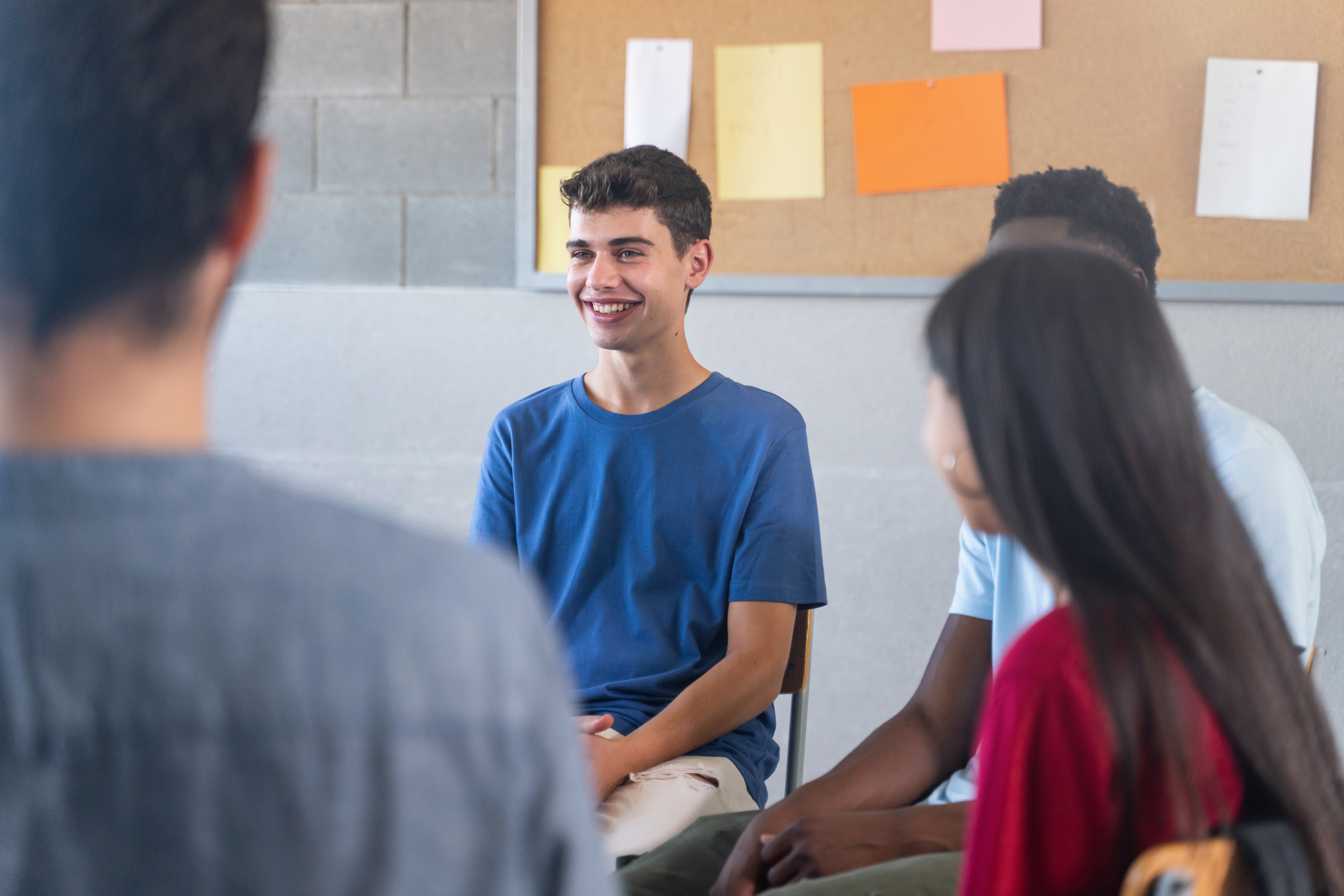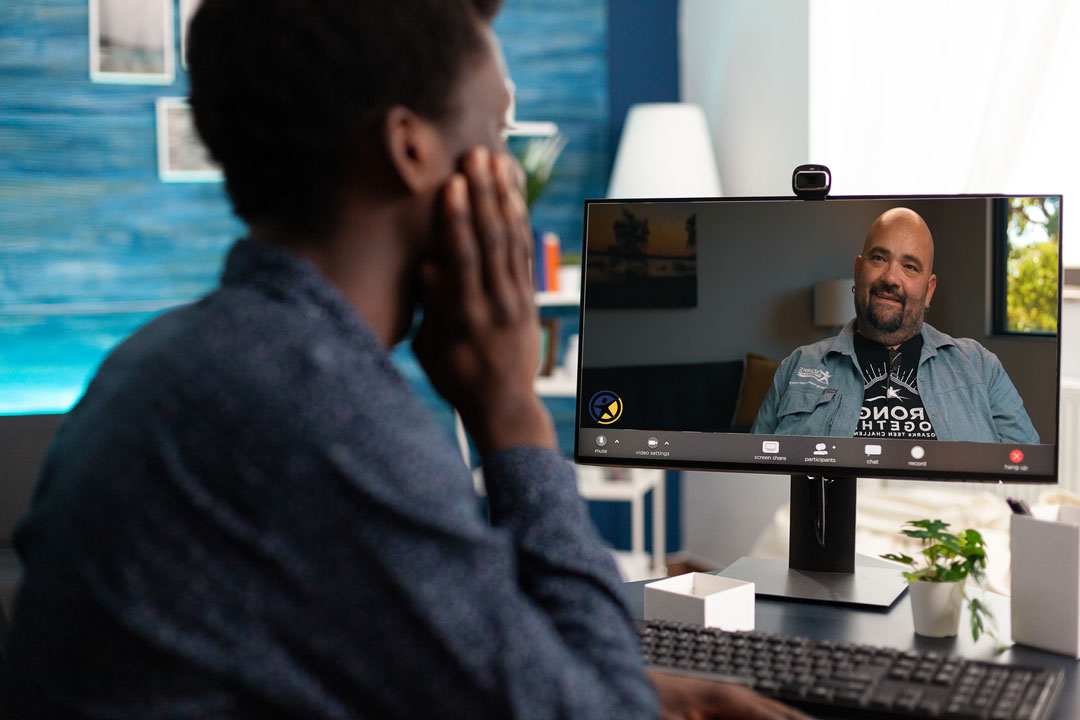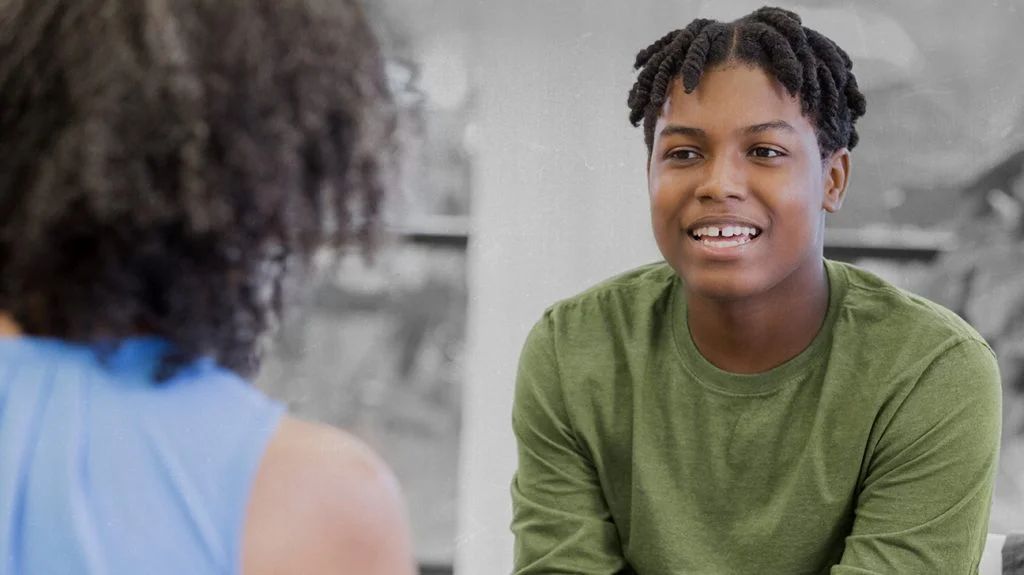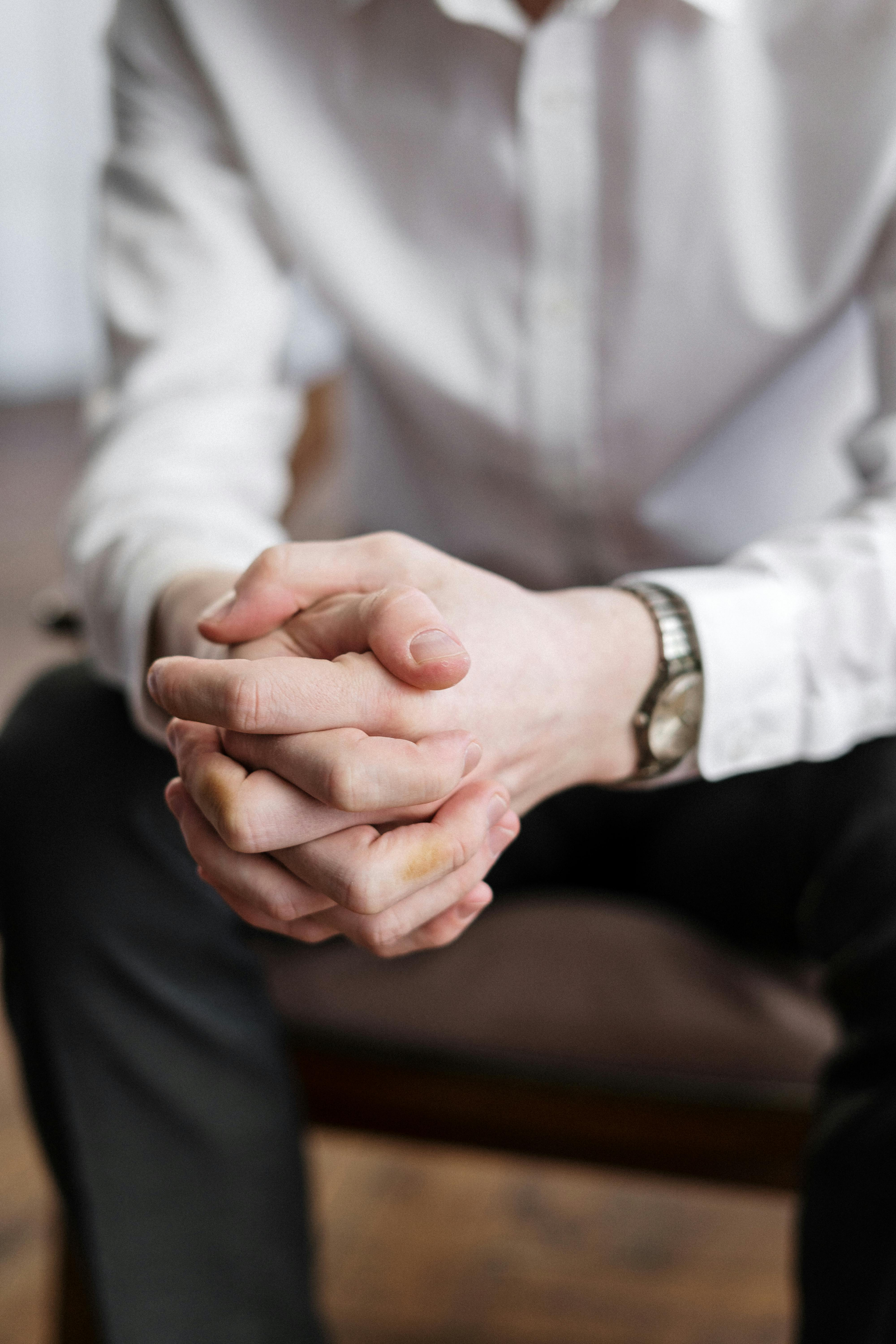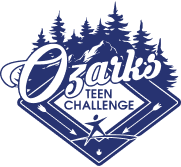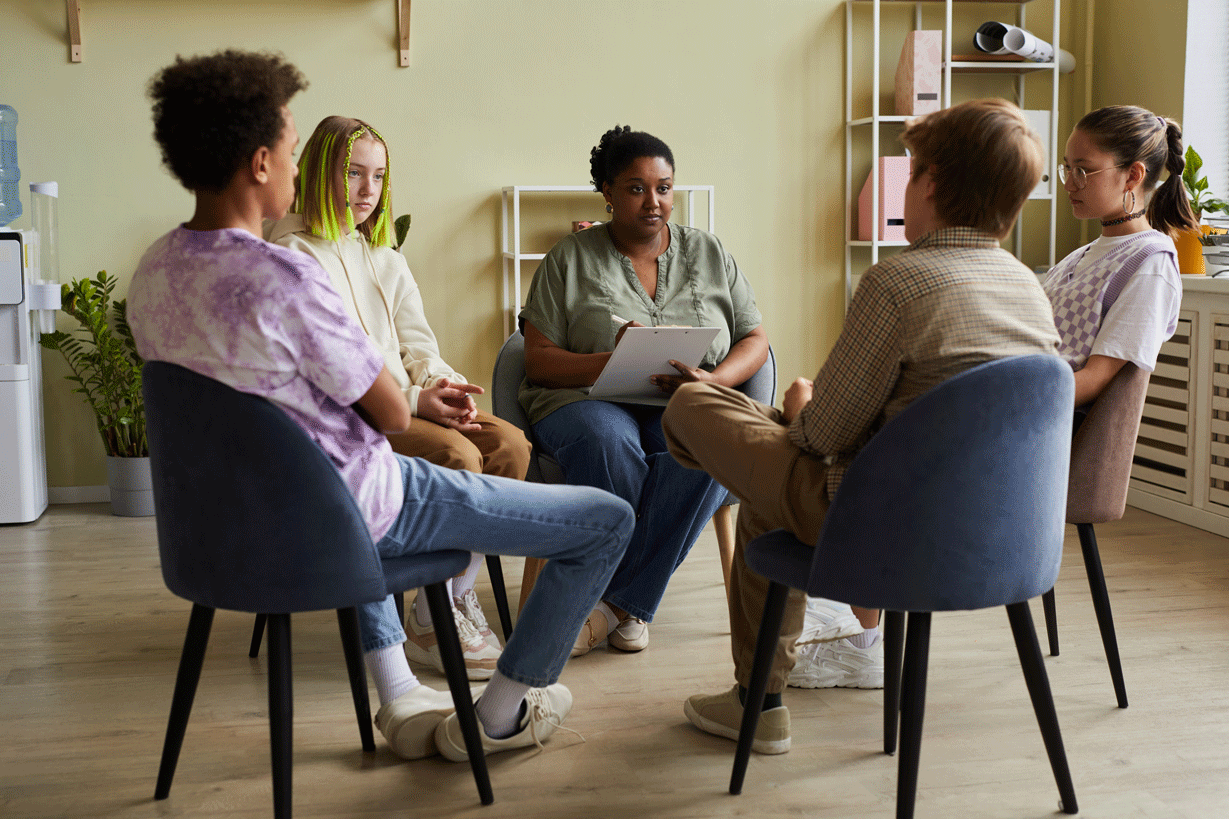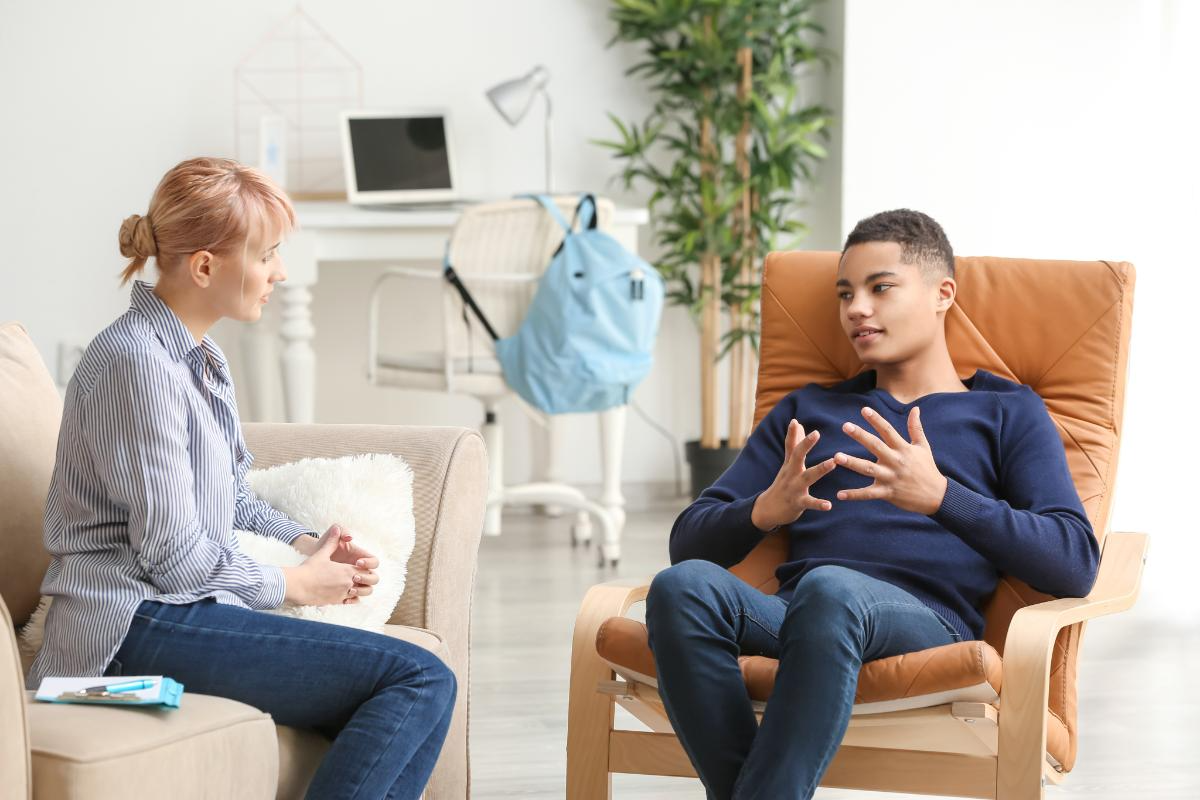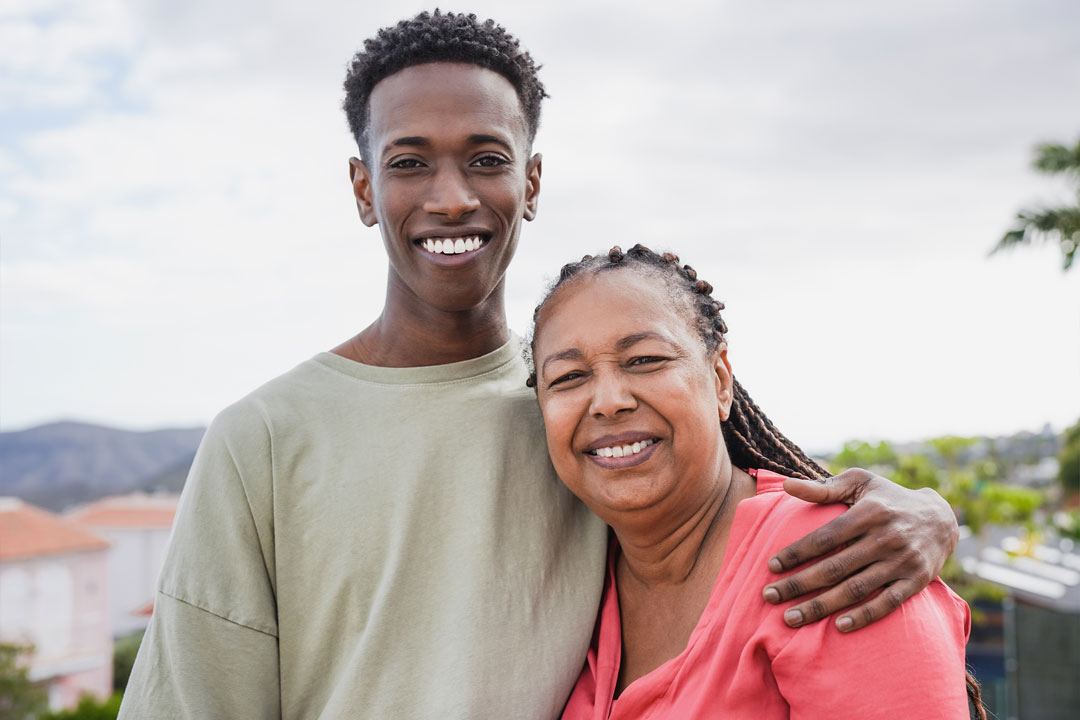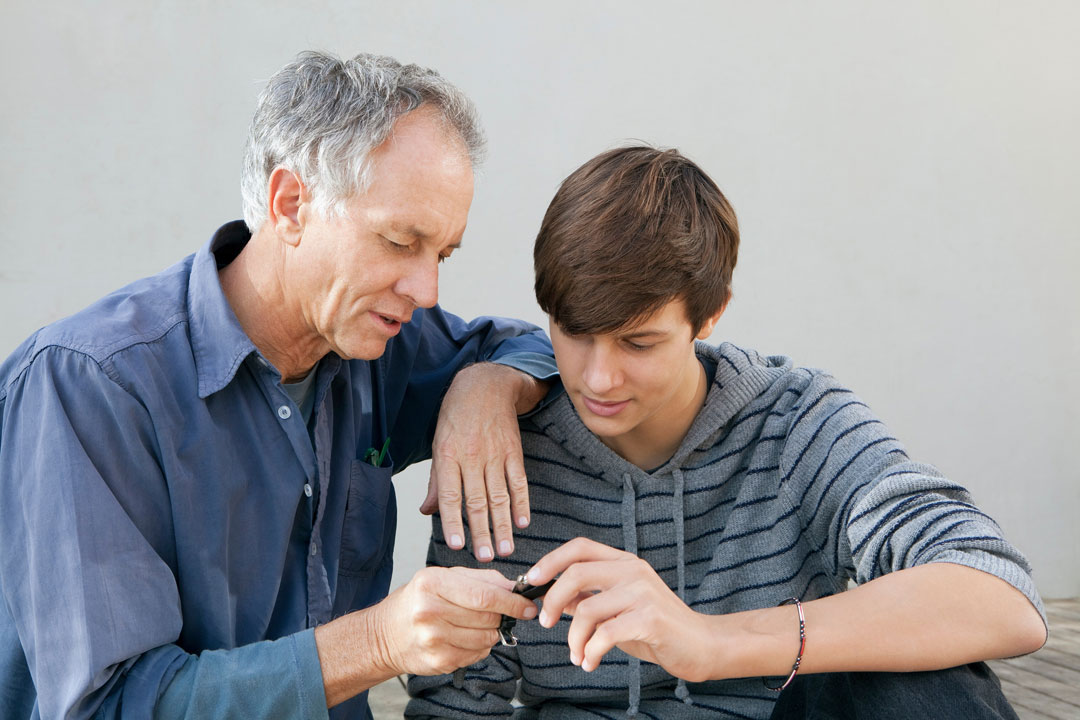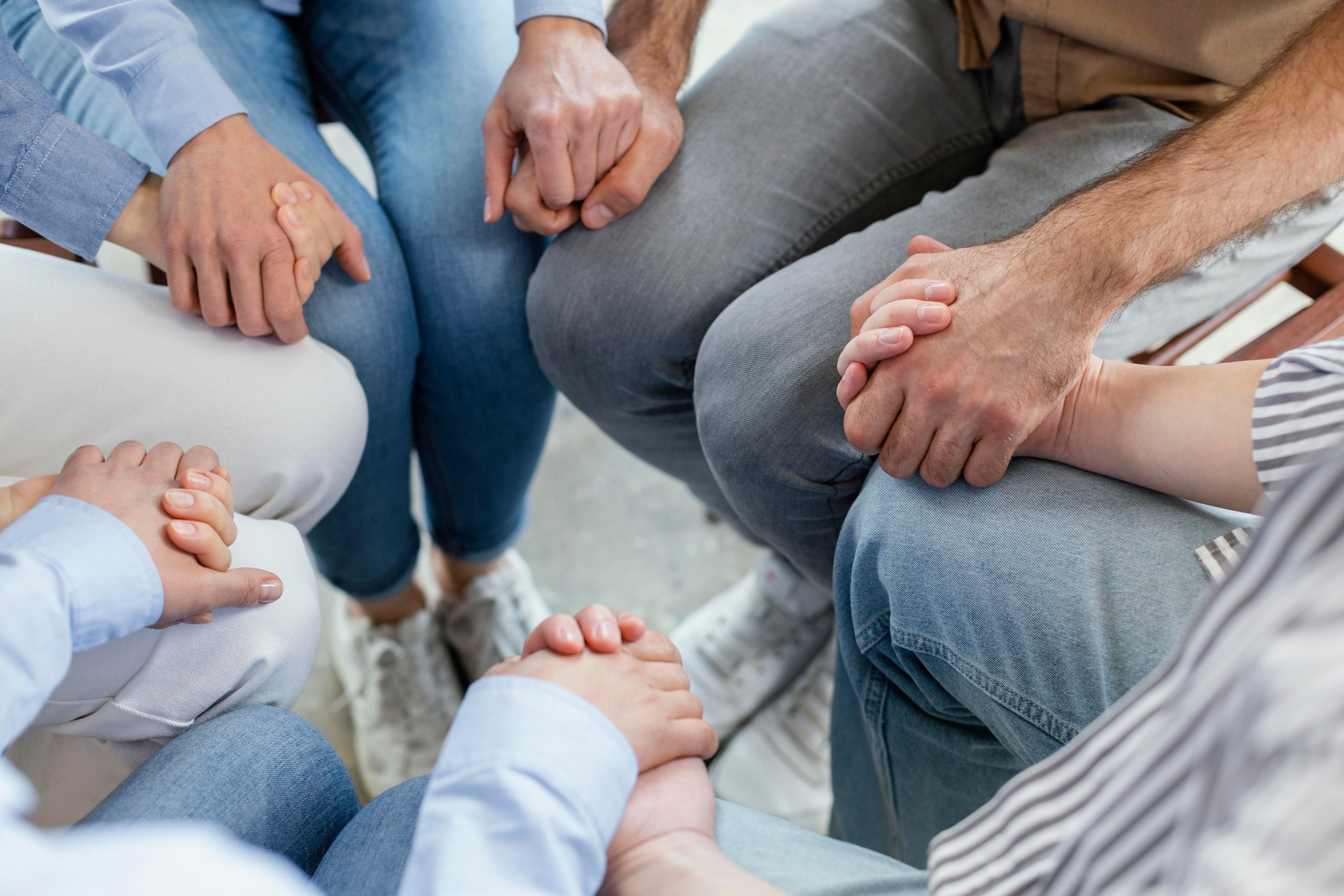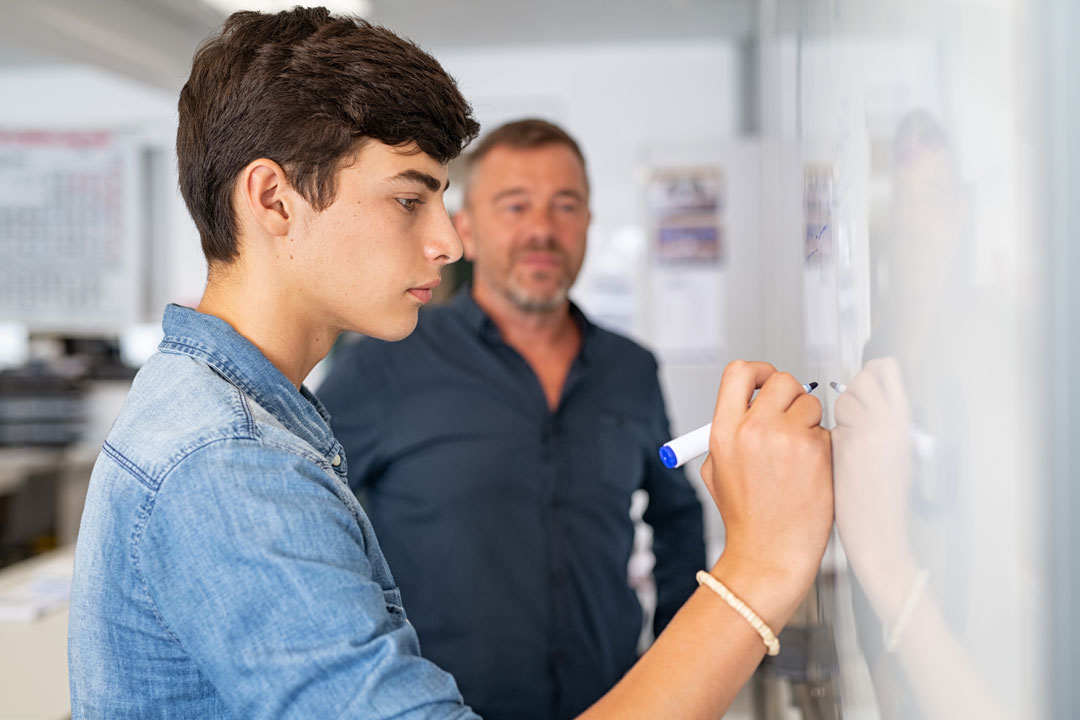Our Hope
Aftercare refers to the ongoing support and guidance provided to individuals after completing a recovery program for addiction or behavioral health issues. It is a crucial part of the recovery process that helps individuals maintain their progress and prevent relapse.
Aftercare plans are designed to provide resources and tools for coping with stress and triggers, staying accountable, and developing healthy relationships. It also includes ongoing therapy, group support meetings, and regular check-ins with a counselor or support team. Aftercare is an essential component of long-term recovery, as it helps individuals navigate the challenges of transitioning back to daily life and continue to grow after completing a residential program.
At Ozarks Teen Challenge, we believe that recovery is not just about the individual—it’s about the entire family. We ensure that our teen aftercare plans are designed to support both the graduating student and their family members. We understand that addiction and behavioral health issues can affect the entire family, and that’s why we provide customized plans that cater to each family’s unique needs and circumstances.
Our aftercare program for teens starts on day one of a participant’s program, not on their last day. We believe that being proactive is the key to success, so our plan for ongoing support will be discussed with parents well before their student graduates.
We know that transitioning back to the “real world” can be challenging, so our team will work hard to prepare families for the transition home. Our teen rehab aftercare plans are designed to provide resources and tools for coping with stress and triggers, staying accountable, and preventing relapse.
Without aftercare, individuals may feel isolated and overwhelmed, which can lead to a return to old habits and behaviors. We aim to help our graduates continue to grow and improve their lives, develop healthy relationships, and achieve their goals beyond program completion.
Our Longterm Commitment
At Ozarks Teen Challenge, we understand that growing is a lifelong journey. We don’t just focus on graduating students from our program. We also provide long-term support to our students and their families.
We believe in staying connected with our graduates and providing them with the resources and tools they need to maintain their progress and achieve their long-term goals. Our aftercare plans are designed to provide ongoing support and guidance, ensuring that our graduates have the best possible chance of living a healthy, fulfilling life beyond program completion.
Personal Responsibility in Aftercare
Personal responsibility is one of the most important factors in making aftercare for troubled teens work. After completing our program, it’s up to the individual to take responsibility for their own recovery. This means being accountable for their actions, making healthy choices, and actively working towards their goals.
Personal responsibility also involves being honest with oneself and others about challenges and setbacks, and seeking support when needed. During our program, our committed staff will help guide participants to take ownership of their recovery.
Family Participation
Active participation of family members is crucial in the aftercare plan of a loved one in recovery. Family members can offer support and encouragement, help identify triggers and warning signs of relapse, and provide a safe and stable environment.
They can also help their loved one stay accountable and motivated by attending therapy sessions or support groups together, and by actively engaging in their loved one’s recovery journey. By involving themselves in their loved one’s aftercare plan, family members can play a vital role in helping their loved one achieve long-term success in recovery.
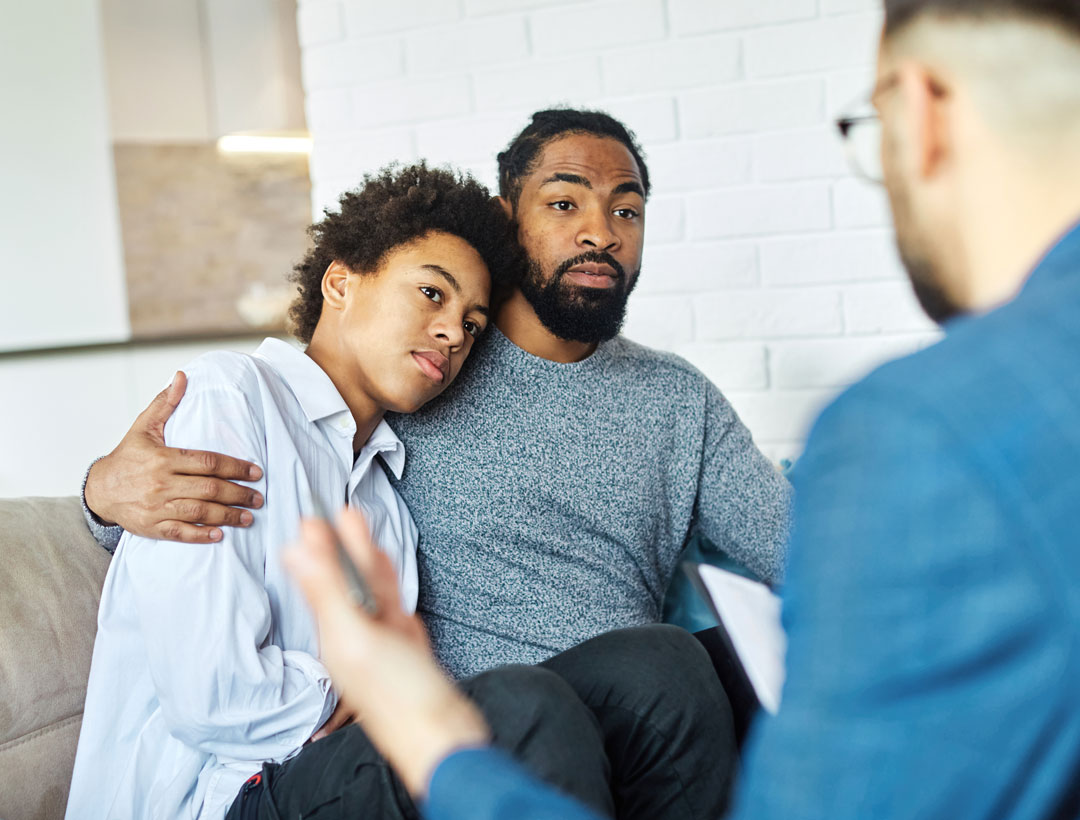
Addressing Co-Dependency & Enabling
Addressing co-dependency and enabling behaviors is critical in aftercare for troubled teens for both the individual in recovery and their loved ones.
Co-dependency can occur when a loved one becomes overly involved in the individual’s recovery, to the point where they neglect their own needs and well-being. Enabling behaviors, on the other hand, can inadvertently make it easier for the individual to continue with their addiction by shielding them from the consequences of their actions.
At Ozarks Teen Challenge, we teach both the individual and their loved ones to recognize and address co-dependency and enabling behaviors. This may involve setting healthy boundaries, practicing self-care, and seeking support from a pastor, counselor, or support group.
Let’s Be Honest: It’s Intimidating
Let’s address the elephant in the room. You’re reading about aftercare for teens and it suggests that there’s still work to be done, even after program completion. There’s a common misconception about recovery programs in the sense that these organizations “fix” participants.
Unlike a vehicle that has a problem that can be quickly corrected by a mechanic, people are complex and have underlying issues that can take a considerable amount of time to address. It sounds intimidating and the truth is, doing it alone is. But this is where Ozarks Teen Challenge partners with you for the long haul.
Our team at Ozarks Teen Challenge understands that the road to recovery is not one that anyone should have to navigate alone. We are honored to partner with families and provide insight into the proper structure, boundaries, safeguards, and coping mechanisms for long-term success.
Customized Aftercare Plans for Teen Boys
With our personalized aftercare program plans, ongoing support, and personalized approach, we are committed to helping individuals and families overcome the challenges of addiction and behavioral health issues.
Contact us today if you’re ready to help your teen achieve a healthy, fulfilling life, even beyond program completion.
